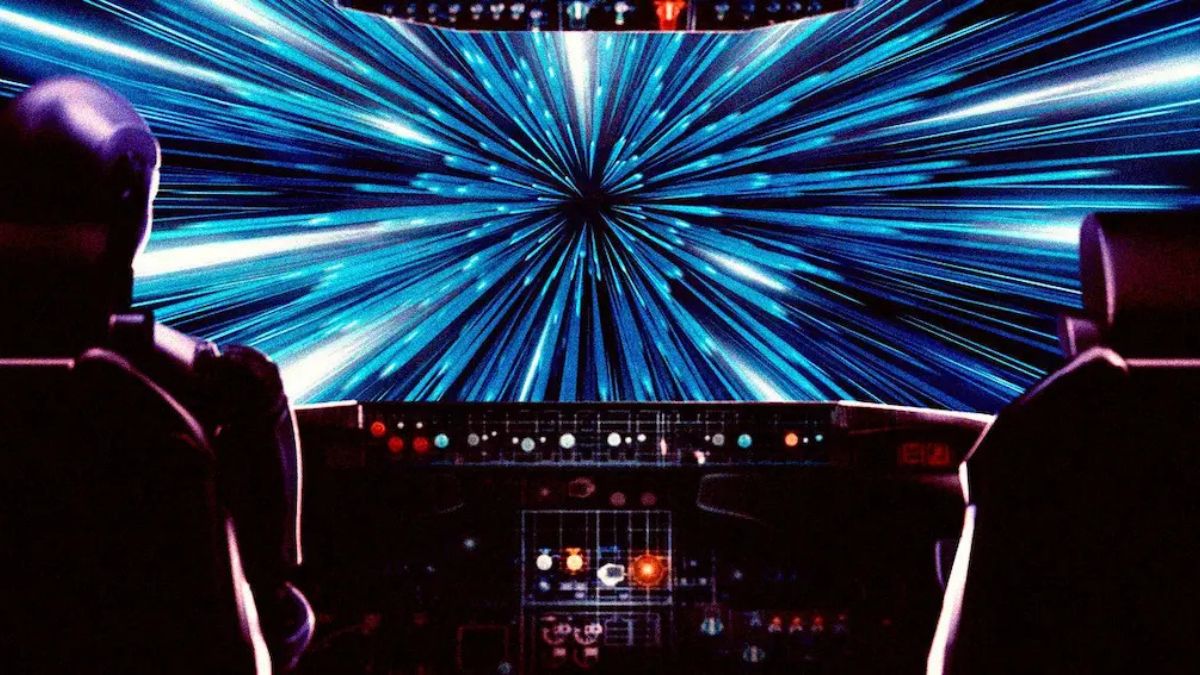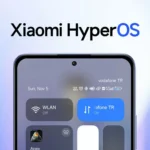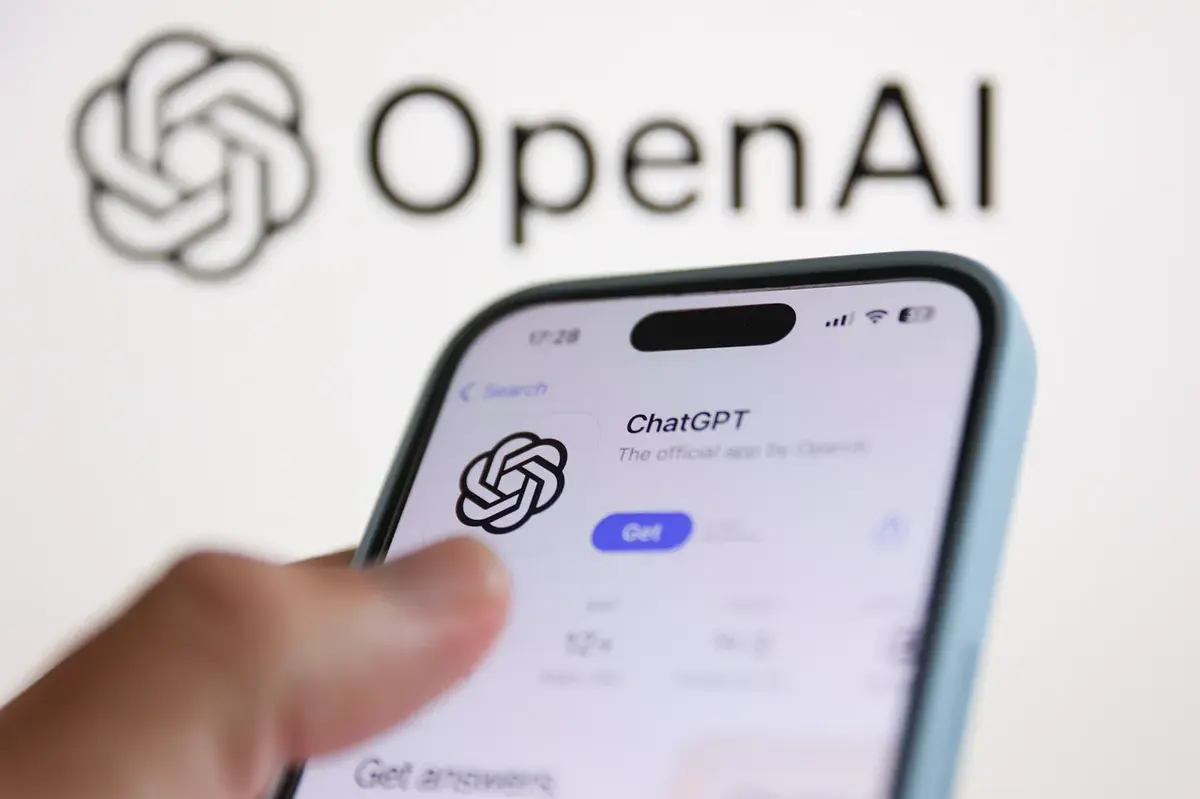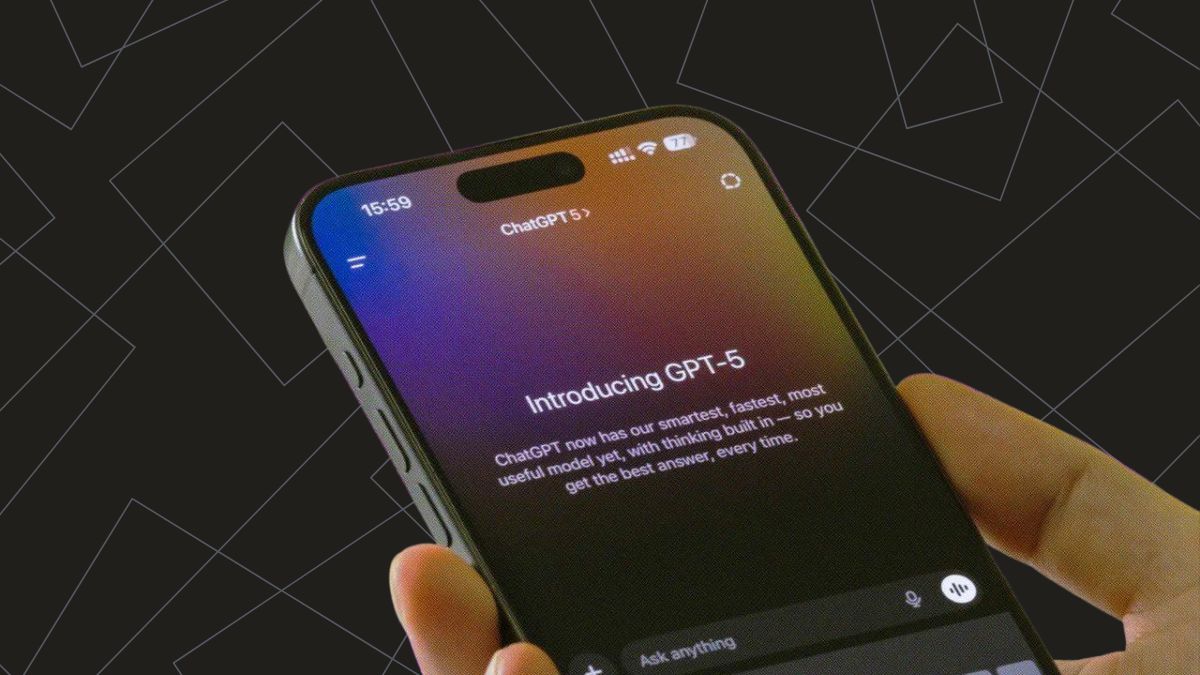A team of scientists has discovered that AI can do more than just chat. Researchers from MIT and the Universidad Politécnica de Madrid used OpenAI’s chatbot, ChatGPT, as an “autonomous agent” to control a spacecraft in a simulated space mission. Their findings were surprising.
The test, reported by Live Science, challenged different AI systems to take control of a spacecraft in a software design contest based on the video game Kerbal Space Program. The competition, known as the Differential Game Challenge, is used by scientists to explore how AI and other autonomous systems can help operate satellites and spacecraft.
When given the task, ChatGPT quickly learned how to read instructions and make decisions about how to steer the spacecraft. With only a few text prompts, the AI performed so well that it finished second in the simulation contest, beating other approaches—including some specialized for this kind of work. The only system to outperform ChatGPT was one directly programmed with the equations behind real spaceflight.
Researchers say these results are impressive, especially since they ran the test before the release of OpenAI’s improved GPT-4 model. With new updates, AI performance could become even better in future challenges.
However, scientists warn there are still big risks. Current AI models can make mistakes or “hallucinate” false information, which could cause dangers if used in real-life space missions. So, while the results are promising, caution is needed before letting AI pilots take charge of actual spaceships.











